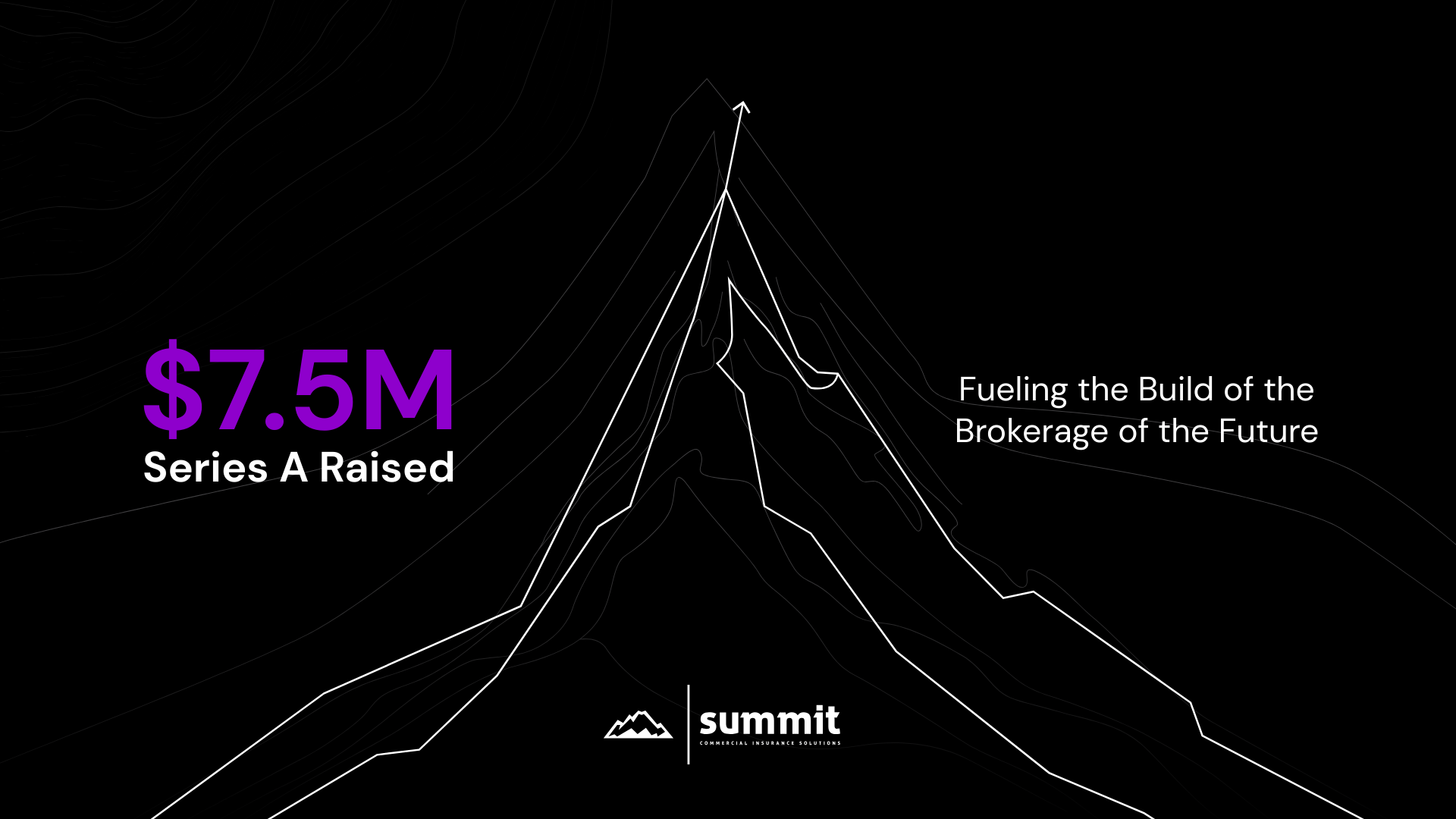
How does commercial insurance work? There are many different types of insurance that business owners need to secure to ensure their company can operate properly and protect their assets as well. Commercial insurance, also known as commercial property insurance and casualty insurance, combines several different types of coverage into one policy, including property, liability, and business interruption. Property coverage protects the tangible aspects of your business from damage or loss. Liability covers the legal protection you will need in case someone gets hurt on your property or due to some other fault within your business.
Commercial policy cover
A commercial insurance policy is designed to protect businesses from financial losses. Businesses can purchase insurance to cover risks such as property damage, liability, and workers' compensation. Commercial insurance can also be customized to cover specific types of risks. When choosing a policy, it is important to consider the type of business, the size of the business, and the potential for losses.
For example, if your business operates with machinery that could cause injuries or accidents, you might want to look into workers' compensation coverage. If your business operates in an area prone to natural disasters, you might want flood coverage or earthquake coverage. The cost of the policies depends on what risks are covered and how much protection is purchased.
Insurance agents are trained professionals who understand how different insurance products work so they can help guide customers through their options to find a plan that suits their needs best.
Types of commercial insurance
The most common types of commercial insurance are
• property insurance
• liability insurance
• workers' compensation insurance
• product liability insurance
Property insurance covers your business's buildings, equipment, and other physical assets against damage or loss from events such as fire or theft.
Liability insurance covers lawsuits against your company if one of your employees commits an act that injures someone else (such as in a car accident).
Workers' compensation insurance pays for medical care for an employee who was injured at work and receives certain benefits such as lost wages.
Product liability insurance protects you if someone uses one of your products for unintended purposes and gets hurt.
Some other types of commercial insurance include automobile liability, crime insurance, fidelity bonds, credit-reporting services for people with bad credit histories, and life insurance policies for key executives.
Principle of insurance
When you purchase insurance, you are entering into a contract. In exchange for your premium payments, the insurance company agrees to pay for certain types of losses that may occur during the policy period. When you buy insurance, it's important to make sure you understand what is and isn't covered by the policy.
Otherwise, if something happens and it's not covered by your policy, you might have some explaining to do. What this means is that to know how commercial insurance works, we need to know who provides it and why. The answer to these questions is quite simple: businesses provide commercial insurance because they want protection from lawsuits or financial loss due to unfortunate events such as theft, fire, or an injury on their property.
To put it another way, they're paying premiums so that when things go wrong with their business, they don't have to foot the bill themselves someone else will take care of them. Commercial insurers like working with companies because these companies are a large source of revenue. The riskier a company looks (or claims), the higher the premium they'll likely be charged by an insurer in return for coverage also called reinsurance.
Benefits of commercial insurance
Commercial insurance is vital for any business, large or small. Without it, a single incident could bankrupt your company. All the hard work you put into building your business could be wiped out in one fell swoop.
It's not enough to just have employees, either; you need the right kind of commercial insurance to protect yourself against these kinds of risks. A mistake by an employee can cost thousands or even millions of dollars if they break something or hurt someone on the job.
How Does Commercial Insurance Work?
The process of obtaining commercial insurance begins with identifying potential losses for which coverage might be needed, creating risk management strategies to minimize those potential losses, and estimating what could happen financially as a result of each risk scenario. A broker will work with the business owner or their designated representative to help determine what type of coverage may be appropriate based on the identified needs.
For example, many small-business owners are unaware that they need liability protection because they believe their assets are sufficient protection against claims filed by customers or employees who are injured on-site.
Read More ..
What does general commercial liability insurance cover
What is Commercial General Liability Insurance
What is a commercial insurance plan



